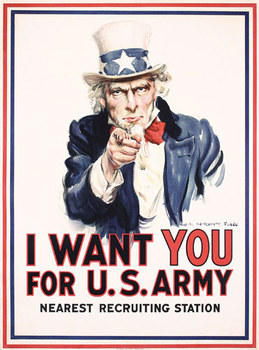 Learning Target: I can describe the events that led the United States into World War I, & I can analyze the war’s impact on American society. Activities:
Committee on Public Information, Espionage Act of 1917, Sedition Act of 1918, Schenck v. United States, War Industries Board, 19th Amendment, Great Migration, National War Labor Board, Food Administration, Selective Service Act Your project is due on Monday, February 23.
Learning Targets:
Critical Vocabulary: Archduke Franz Ferdinand, Central Powers, Allied Powers, U-boat, Lusitania, Sussex Ultimatum, Election of 1916, Charles Evans Hughes, “peace without victory,” unrestricted submarine warfare, Zimmerman Telegram, Committee on Public Information, George Creel, Food Administration, Herbert Hoover, Fuel Administration, War Industries Board, Bernard Baruch, National War Labor Board, Espionage Act of 1917, Sedition Act of 1918, Industrial Workers of the World, Eugene V. Debs, William D. Haywood, Schenck v. U.S., Oliver Wendell Holmes, “clear and present danger,” American Expeditionary Force, General John Pershing, “doughboys,” Battle of the Argonne Forest, Fourteen Points Address, Big Four, League of Nations, League Covenant, collective security, “war-guilt” clause, reparations, Treaty of Versailles, Henry Cabot Lodge, “reservationists,” “irreconcilables,” “Lodge Reservations” |
History, although sometimes made up of the few acts of the great, is more often shaped by the many acts of the small.
-Mark Twain AnnouncementsMay 5: No School
May 13: Study Session May 15: EOC Exam May 17: AP Exam May 25: Last Day ResourcesArchives
April 2017
Visitors |
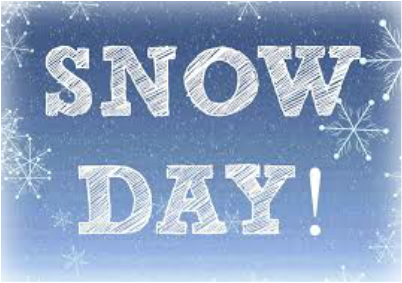
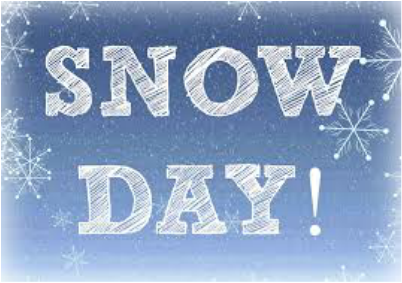
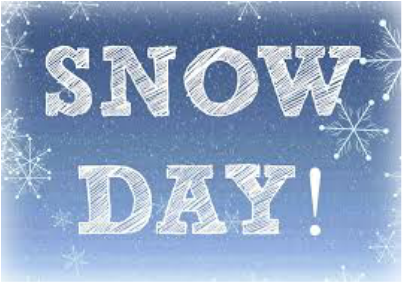
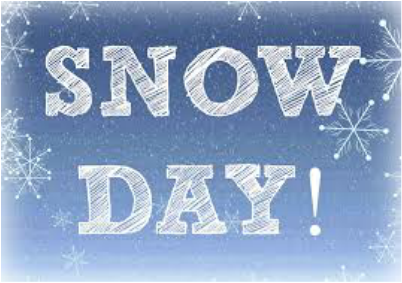
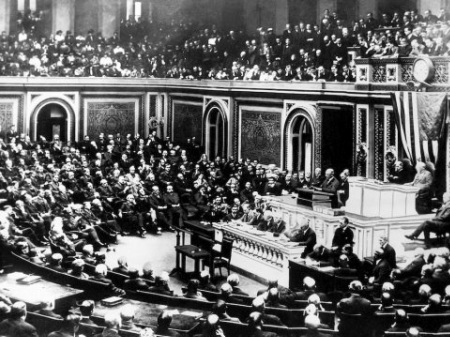
 RSS Feed
RSS Feed
